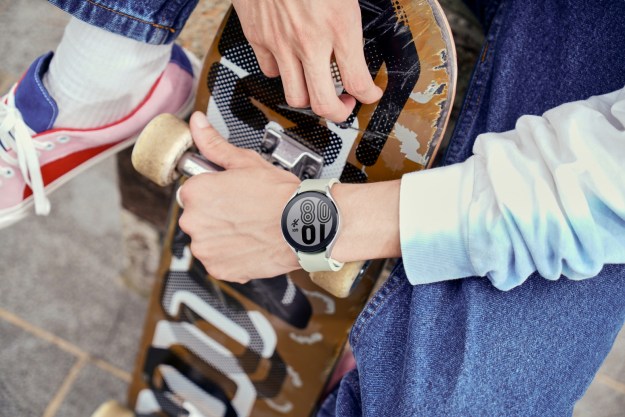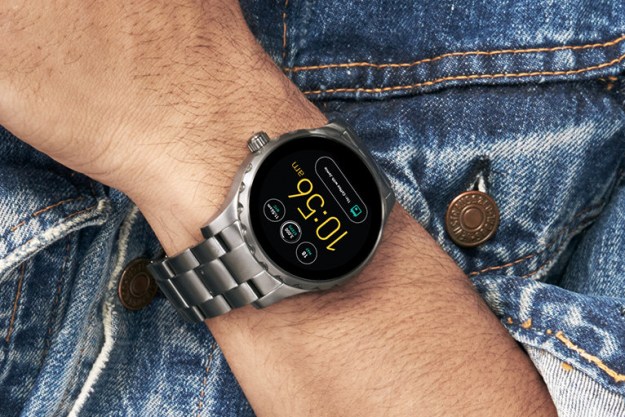Developed with Microsoft by the Epilepsy Care Alliance, the University of Kent in the U.K., Shearwater Systems, Graphnet, and Poole Hospital NHS Foundation Trust, MyCareCentric is in the early stages right now, but is a fascinating use of wearable tech, and a glimpse at the benefits that could come from it.
The Microsoft Band is packed full of sensors, and combined with a special app, doctors have access to essential information and data, and can therefore administer treatment quicker than usual. Dr. Ian Denley, CEO of Shearwater Systems said the Band is already in use by patients with epilepsy, where it tracks heart rate, skin conductance, and movement, along with body temperature and sleep patterns.
Machine learning
Here’s where it gets clever. The app uses machine learning to understand when someone is having a seizure, and using this data they hope to eventually predict when the seizures are about to occur. This way, the Band and the app could warn the wearer, based on this data, of an attack, and send out important alerts to family and healthcare teams if one should happen. The 24-hour monitoring also keeps watch over seizures that may happen overnight, while the wearer is sleeping, adding to its effectiveness.

Provided the data is shared with a doctor or supervising medical team, advice on treatment or preventative care could be sent in real time, all without the wearer having to call or visit the hospital. Denley said MyCareCentric Epilepsy was designed to help sufferers better understand and manage their condition, ultimately improving lifestyle. It’s hoped the program will reduce the number of people who have seizures at all.
The Microsoft Band, especially in its original form, may be feature-packed but was too bulky and awkward for regular people to use — however it makes perfect sense as a medical-grade tool. Microsoft’s Health suite, and its cloud-based HealthVault platform, also targets the professional medical world, rather than the casual wearer interested only in their daily step count.
While we may associate wearable technology with the Apple Watch, or the Samsung Gear S3, recent market predictions suggest healthcare-focused wearables are about to really take off, with shipments rising from 2.5 million this year, to nearly 100 million by 2021. Epilepsy is listed as the fourth most common neurological problem in the world, and it’s estimated up to 2.8 million people in the U.S. suffer from it, or 600,000 in the U.K..
Editors' Recommendations
- Intel may already be conceding its fight against Nvidia
- Your Android 10 smartphone may not be able to call 911 if you use Microsoft Teams
- Your Xbox One may have let other people listen to you, Microsoft contractors say




